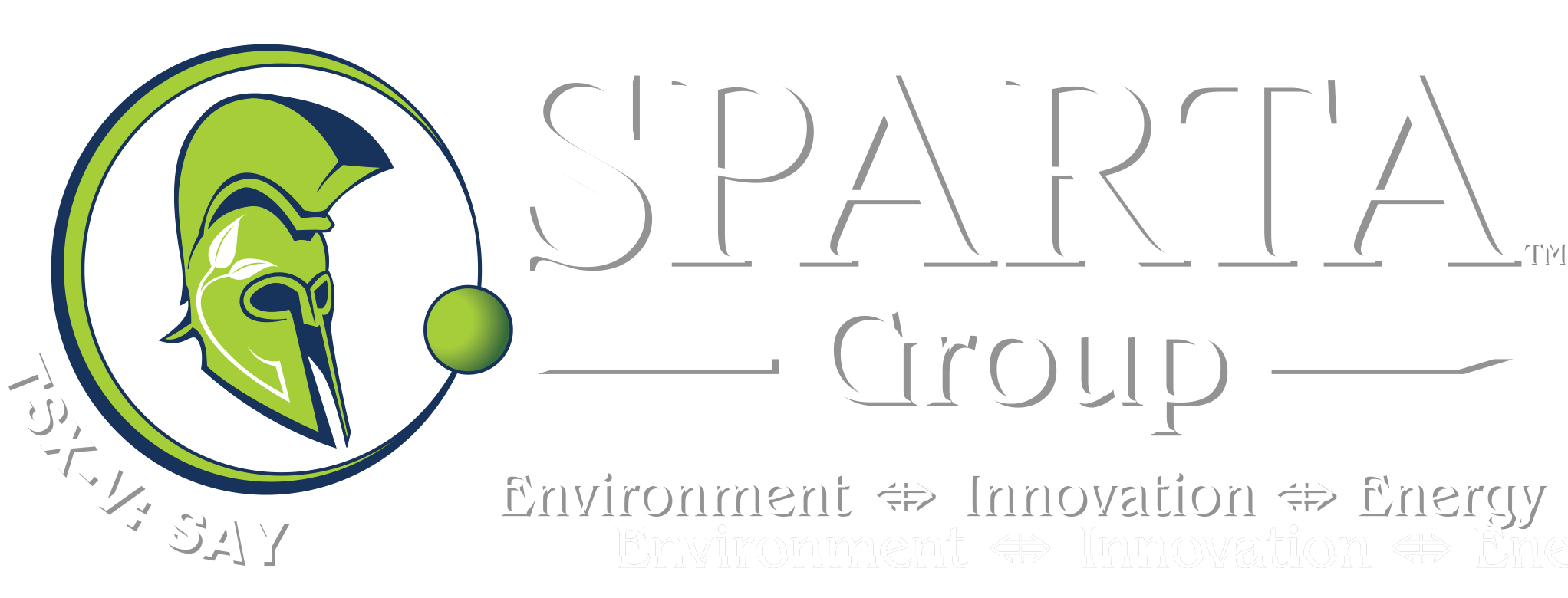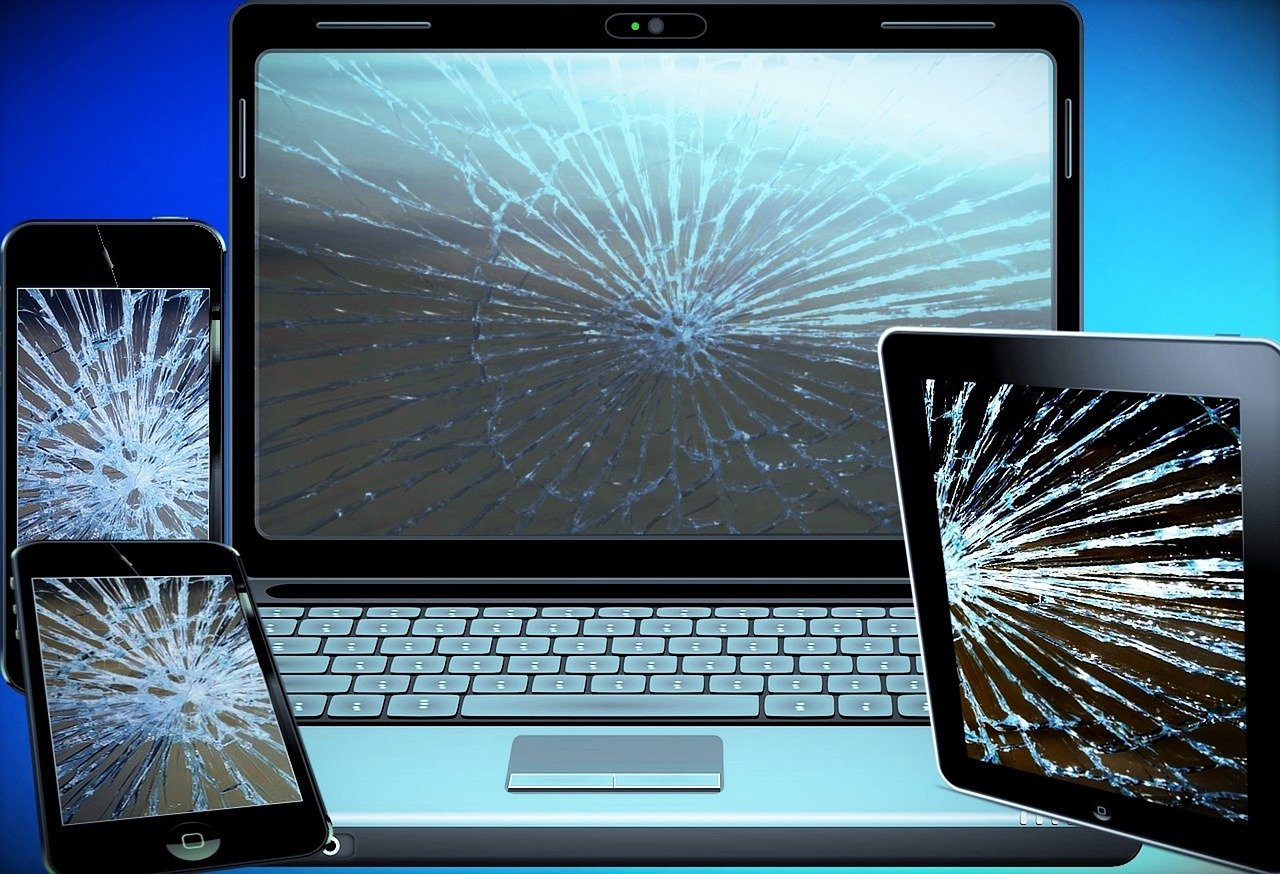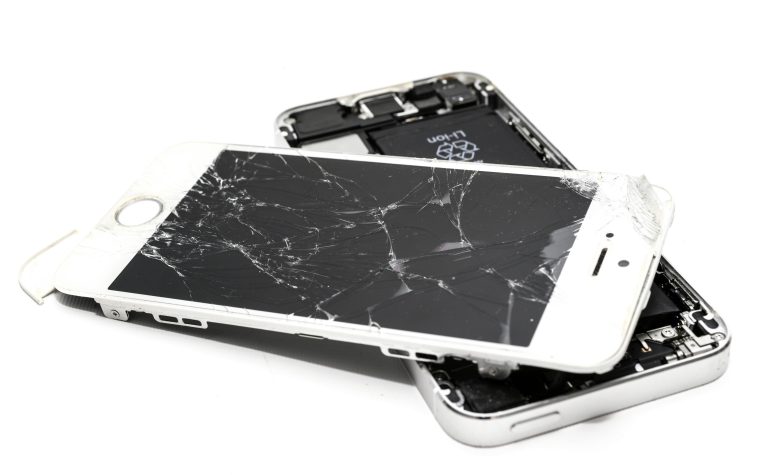– Teresa Madaleno:
By the year 2050, the world is expected to generate 120 million tonnes of electronic waste annually. How we manage that staggering amount of garbage in an eco-friendly manner is a challenge, but there are innovative solutions, including Sparta Group’s ERS International.
With facilities in Toronto, Oman, and Brazil, ERS recycles and upcycles millions of pounds of electronics every year, keeping it out of the waste stream. Sophisticated technology developed by environment-focused engineers make it possible to recycle at ERS on a large scale without any residual waste going to landfill.
For businesses, digital efficiency and customer engagement are important, but so is environmental responsibility. Some businesses are looking at extending the life of their electronic devices while others are more focused on recycling and upcycling. In the meantime, researchers around the world are constantly looking at better and faster ways to address all types of solid waste. Sparta partnered with the University of Ottawa (uOttawa) in 2022 to try to develop a method for efficient recycling of lithium batteries. They are expected to release results of their collaboration soon.
Prioritizing e-waste reduction
Here’s what we can tell you about e-waste becoming a priority in various sectors:
• Many jurisdictions around the world have launched mobile apps to help make it easier for people to send e-waste to recycling facilities or get access to used gadgets that are still in good working order. In Egypt for instance, there is a mobile app that allows for e-waste exchanging, which promotes a culture of reusing. Sparta’s ERS Oman facility has a specially designed app that allows companies to request pick-up of their electronic waste for recycling.
• The real estate sector, financial institutions, retail outlets, and even restaurants have now joined the typical tech-heavy industries in getting their e-waste recycled. ERS is the first electronics recycler in Canada to be certified to generate verified carbon credits from the recycling of e-waste, making it an easy choice for companies looking to recycle their devices and equipment.
• Sparta’s ERS International Toronto location has an advanced research and development lab where safe, efficient methods of metals extraction occur. Normally, extracting metals is time consuming and inefficient. Many tech companies have taken notice and are turning to ERS for recycling because they know items like gold, silver and copper will be recovered as opposed to end up in landfill.
• Large Telecommunications companies like Telus and Bell have take-back programs for obsolete products. It’s something they’ve been doing for years but now it has caught on and even smaller telecommunications and technology providers are either taking back or buying back old devices.
• In the UK large retailers are now required to have an e-waste collection drop-off without requiring a new purchase in exchange. While the UK is trying to address waste in its own country, government officials hope their efforts encourage other countries to set up collection in retail outlets.
Policy makers are also taking a serious approach by enacting legislation on e-waste management. For instance, Singapore has passed progressive laws on managing obsolete electronics, while in Europe the principles of reduce, reuse, recycle are gaining momentum in the business sector. In Oman where Sparta Group’s ERS now has a fully operational recycling operation, the government has set out comprehensive plans to address mounting e-waste, as well as excessive energy consumption.
As you can see, electronic waste is top-of-mind. If we embrace innovative solutions and follow sustainable practices, we have the chance to protect our planet for future generations.



